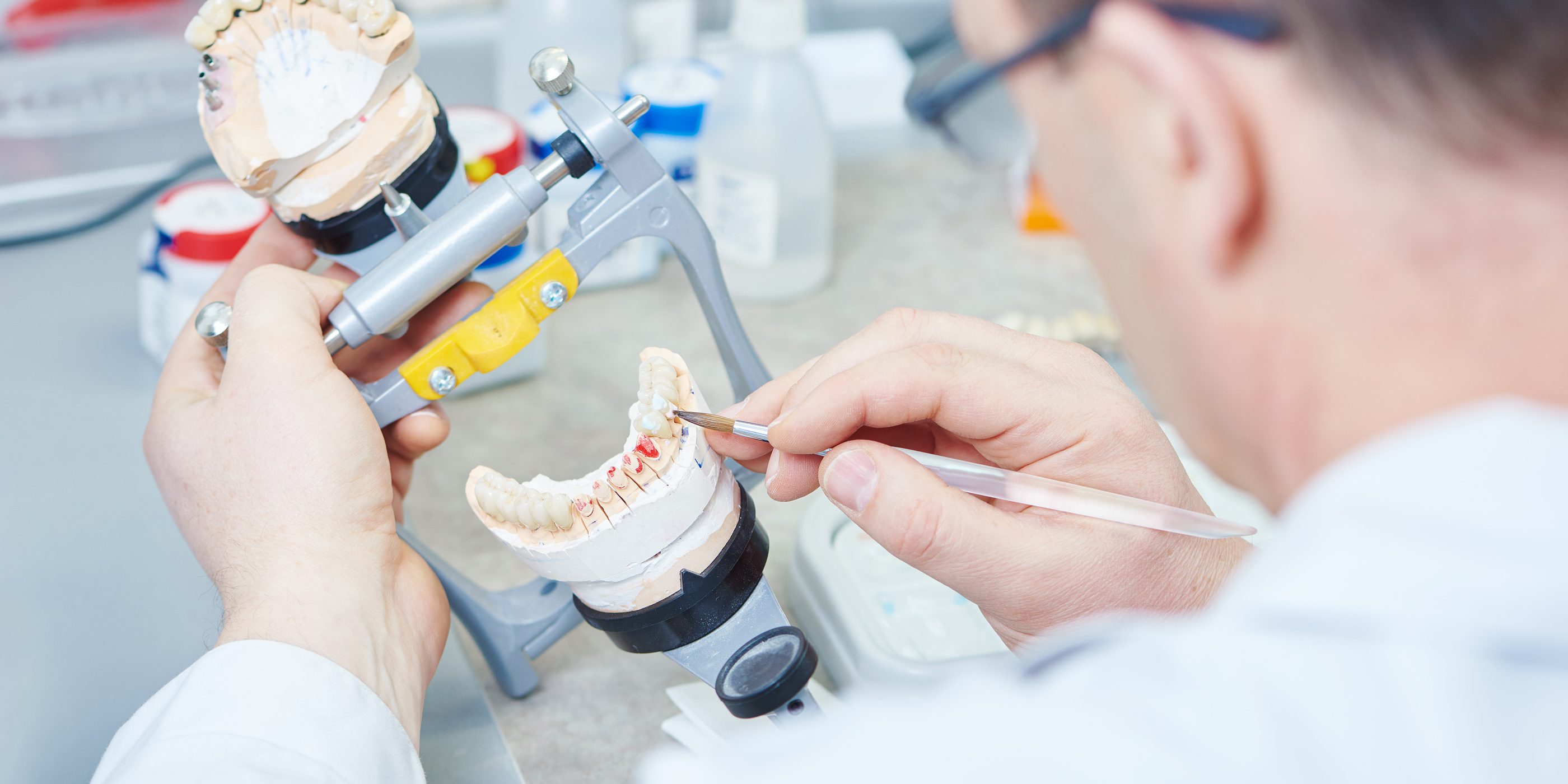In the past several months more states are expressing interest in establishing some basic standards for dental laboratories in their state. Typically they are interested in dental laboratory registration and point of origin and materials content disclosure requirements. Some are also interested in a CDT or continuing education (CE) requirement for one person in each lab.
Some might wonder what the benefits are and why would dental laboratory professionals want to establish these standards; aren’t standards just another word for regulation? The answer depends on your perspective.
In the states that I have been visiting, proponents tout the following benefits as the reasons they would like to move forward with basic standards:
Level Playing Field – while most labs compete fairly and provide accurate information to dentists, many labs have heard of some less scrupulous practices where a restoration is claimed to be made in-house instead of its actual point of origin. Or similarly, if a restoration purportedly made of high noble is made of lesser materials and priced lower, a quality lab may unfairly lose business due to the lack of a true “apples-to-apples” comparison. These types of practices put quality labs that deal fairly and honestly at a competitive disadvantage and cost them business.
In some states dental laboratory professionals are looking to combat this by establishing basic standards for what a laboratory must disclose in writing to the dentist. They understand that accurate disclosure provides the dentist with important non–price information with which to make their decision and helps to level the playing field and ensure fair competition.
Accountability – Proponents of disclosure standards are quick to point out that disclosure alone is not enough if there is no accountability. That is why they support coupling disclosure with a simple laboratory registration requirement. Without a registry, disclosure requirements are hollow since there is no formal record of a dental laboratory’s ownership, address, or even the name of whom a letter should be addressed to.
In a state with no registry, if a dental laboratory fails to disclose that they did not make the restoration themselves or the point of origin of manufacture, or fails to accurately disclose the material content (noble for high noble, etc.) and they are found out, the laboratory can easily move along to another dentist.
However, in a state with registration, if a lab that inaccurately discloses is found out, the lab risks losing their registration and with it the ability to do any work in the entire state. Proponents believe this will result in greater and more diligent compliance with standard materials and origin disclosure requirements.
Recognition of the Profession – In many states the words “dental laboratory technician” or “dental laboratory” are nowhere in the state’s dental practice act or rules governing dentistry. The result is, in those states the dental laboratory technology profession does not formally exist. Enacting even just the basic standards described above elevates the profession by formally recognizing dental laboratories and dental laboratory technicians as an integral part of the dental practice team. A greater recognition of the profession will help to attract younger people to join the profession and to enroll in DLT education programs.
Higher Participation in State Associations – States that have enacted basic standards see higher levels of membership in their state dental laboratory associations. Freedom of Association is one of our basic constitutional rights. There is power and value in gathering to share and learn from common experiences and to collectively address common issues. Proponents of standards typically point out that participation in a professional association benefits both the participants and the profession.
Participation in professional associations allows the participants to develop strategies to address new trends and to share knowledge about new materials, equipment and techniques. Strong professional associations also offer younger professionals the opportunity to develop relationships with more experienced professional mentors. More organized professions gain greater recognition for the contribution made by their work.
Above you have why many proponents want to establish basic standards in their state. Please share your perspective on the subject with the leaders of your state dental laboratory association. If you have any questions on the process for advancing basic standards in your state please contact us and we will be happy to share the key steps to standards.








Hello and good day. I have read your article on Standards vs Regulation and found it is time for my laboratory to have basic standards.
Could you please advice where to obtain the above-mentioned standards for dental laboratory and dental technician.